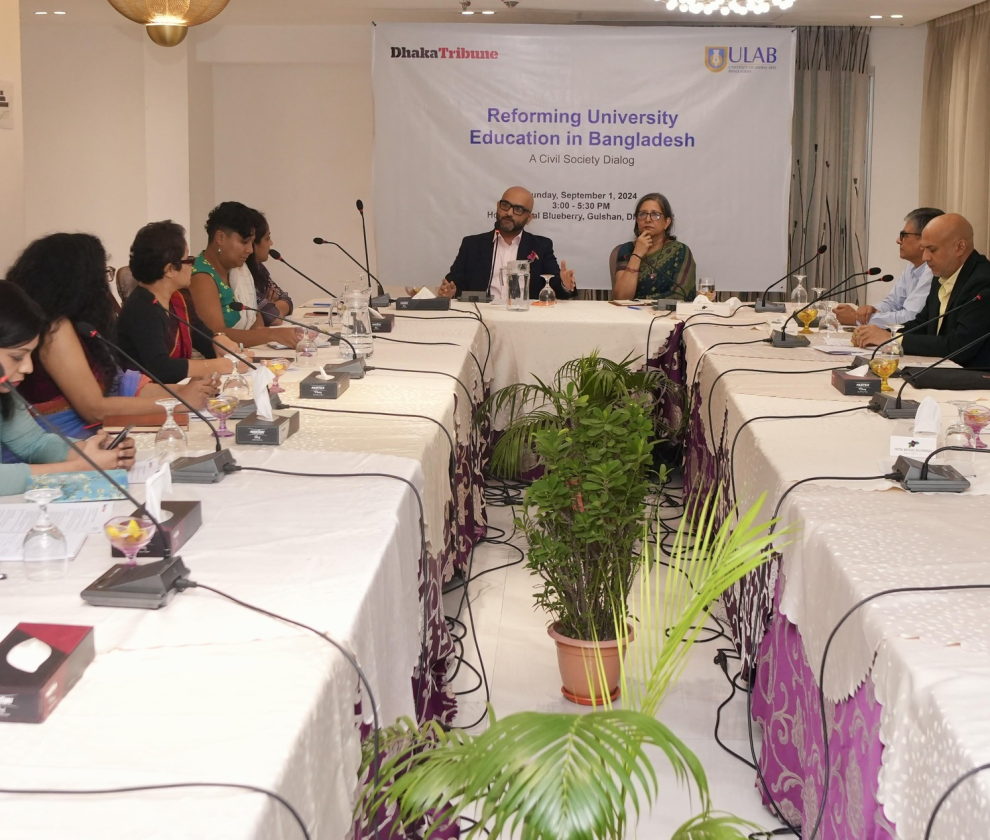Introduction
Bangladesh stands at a crossroads in its economic journey. With a rapidly growing population, a strategic geographic position, and a rising middle class, the country has all the ingredients to attract significant Foreign Direct Investment (FDI). Yet, despite this promise, investors often find themselves tangled in a web of bureaucratic inefficiencies, currency restrictions, and a workforce that, while young and abundant, lacks the skills necessary for emerging industries. If Bangladesh truly wants to unlock its full potential, it must confront these challenges head-on and build an investment-friendly ecosystem that nurtures business growth.
The Roadblocks to Foreign Investment
For many investors, Bangladesh’s regulatory landscape is like navigating a maze without a map. The complexities of compliance, unpredictable policy shifts, and a lack of clear information often discourage potential investors before they even begin. A digital solution, such as a Bangladesh Investment Regulatory Intelligence Portal, could be a game-changer. Inspired by Singapore’s GoBusiness platform, such a system would serve as a one-stop repository for investment-related regulations, providing real-time updates and clear guidelines. This transparency would help eliminate uncertainty and instill confidence in potential investors, reassuring them that Bangladesh is serious about fostering a business-friendly environment.
Another major bottleneck is the difficulty in repatriating profits. Investors often cite forex shortages and delays in transferring earnings as reasons for hesitating to enter the Bangladeshi market. A simple yet effective measure would be the creation of a Repatriation Facilitation Cell within the Bangladesh Investment Development Authority (BIDA). This dedicated unit could fast-track forex allocations and introduce guaranteed processing timelines, ensuring that investors no longer face uncertainty when it comes to accessing their capital.
Despite having a large workforce, Bangladesh struggles with a skills mismatch that limits its ability to attract high-tech and specialized industries. Industries such as electronics manufacturing, pharmaceuticals, and IT services require highly trained workers, but businesses frequently struggle to find talent that meets their needs. To bridge this gap, Bangladesh could implement an Industry-Skills Alignment Program, bringing together key stakeholders to develop tailored training initiatives. Specialized training zones adjacent to economic hubs could further enhance workforce preparedness, ensuring that labor supply meets the demands of modern industries.
Turning Challenges into Opportunities
The journey to making Bangladesh an FDI-friendly destination doesn’t have to be a lonely one. The country’s existing investors can play a crucial role in attracting new ones. A well-designed FDI Champion Program could transform current foreign investors into strategic ambassadors, sharing their success stories and helping to build Bangladesh’s credibility. Establishing an Investors’ Advisory Council and conducting an Annual Bangladesh Investment Climate Survey would allow policymakers to directly address investor concerns, demonstrating the government’s commitment to continuous improvement.
In today’s fast-paced digital economy, streamlining investment processes is more important than ever. A Bangladesh Economic Zones Digital Gateway—a comprehensive online platform offering GIS-based mapping, real-time updates on utilities, and a database of local partners—could simplify the investment journey. Additionally, enhancing digital business registration and project financing infrastructure would further reduce administrative friction, allowing investors to focus on building their businesses rather than navigating bureaucratic red tape.
Bangladesh has traditionally looked to Japan, South Korea, and China as key investment partners, but a new frontier lies in the ASEAN region. Countries like Malaysia, Indonesia, Thailand, and Vietnam have successfully tackled similar development challenges and possess expertise in areas like electronics, textiles, and agro-processing. By crafting a targeted investment promotion strategy, Bangladesh can attract capital from these markets and diversify its FDI sources, reducing reliance on a handful of economic partners.
Unlocking High-Potential Sectors
Not all investments are created equal. Bangladesh has a unique opportunity to carve out a competitive edge in high-value sectors such as electronics assembly, medical devices, and technical textiles. To make this a reality, the government must establish Specialized Investment Zones with pre-approved environmental clearances and dedicated infrastructure. These zones would provide a seamless entry point for investors, cutting through bureaucratic delays and ensuring a swift launch of operations.
Beyond traditional industries, Bangladesh’s blue economy remains a largely untapped resource. With a vast coastline and rich marine resources, the country has the potential to attract FDI in marine aquaculture, coastal tourism, and renewable energy. Establishing a Blue Economy and Infrastructure Investment Facilitation Cell would provide the necessary institutional support, ensuring that Bangladesh maximizes its maritime advantages.
Strengthening Financial and Capital Markets
A robust financial ecosystem is essential for attracting long-term investments. One of the most significant milestones Bangladesh can achieve is inclusion in the MSCI Emerging Markets Index—a move that would unlock billions in global capital flows. Achieving this requires modernizing the regulatory framework, improving the operational efficiency of the Dhaka Stock Exchange, and gradually liberalizing capital controls to facilitate greater market participation.
Non-resident Bangladeshis (NRBs) also represent an untapped source of investment. A dedicated Private Wealth Investment Office within BIDA could provide tailored services for high-net-worth NRBs, offering structured investment products like Real Estate Investment Trusts (REITs) and venture capital funds. Additionally, a Golden Visa Program could attract long-term foreign capital by granting residency to investors meeting specific thresholds.
A Future-Ready Investment Climate
For Bangladesh to position itself as a regional hub for manufacturing and services, it must take decisive action. Streamlining regulations, improving currency repatriation processes, upskilling the workforce, and leveraging digital infrastructure are just the beginning. If Bangladesh can successfully implement these reforms, it will not only attract FDI but also create a business environment that fosters sustainable economic growth.
With the right vision and commitment, Bangladesh has the potential to move beyond its current bottlenecks and emerge as a leading destination for global investors. The journey ahead requires strong governance, strategic partnerships, and an unwavering focus on long-term economic transformation—but with the right steps, the rewards will be immense.




